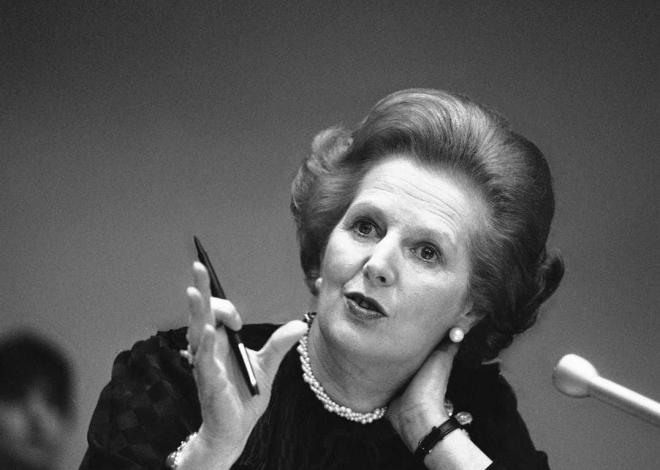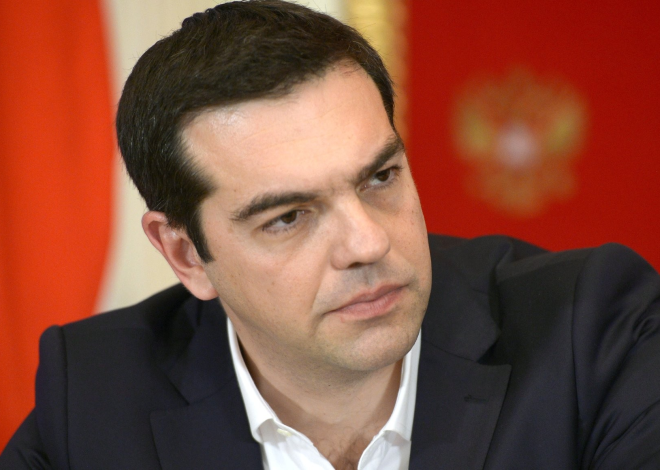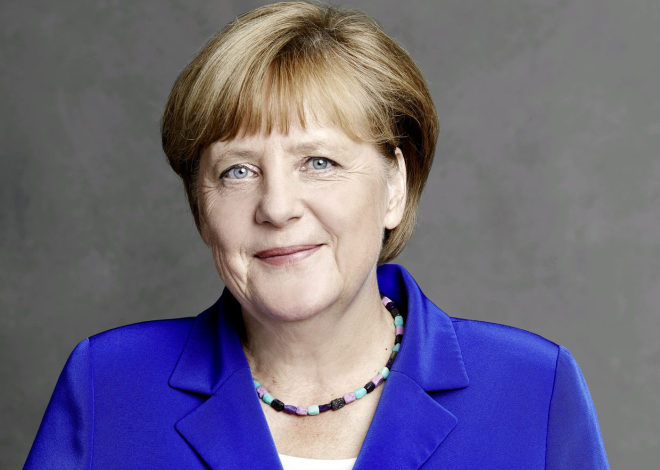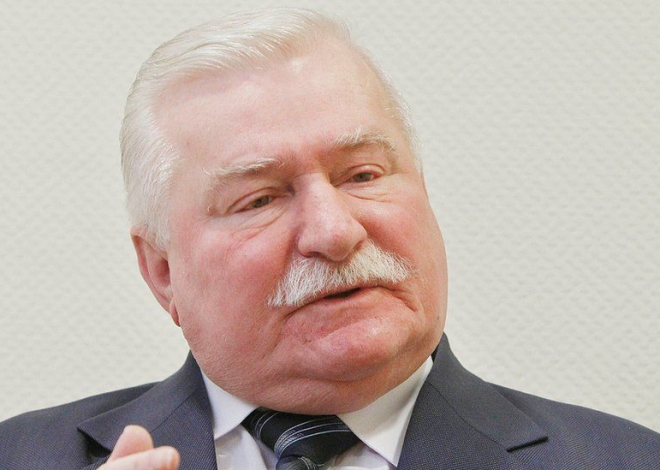
Tony Blair
Tony Blair, full name Anthony Charles Lynton Blair, is a British politician who served as the Prime Minister of the United Kingdom from 1997 to 2007. He was a prominent figure in British and international politics and the leader of the Labour Party.
Here is a detailed history of Tony Blair:
Early Life and Education:
- Blair was born on May 6, 1953, in Edinburgh, Scotland, but he spent most of his childhood in Durham, England. His father, Leo Blair, was a barrister, and his mother, Hazel Corscadden, was a home-maker.
- He attended Fettes College, a prestigious private school in Edinburgh, and later studied law at St John’s College, Oxford, where he was known for his debating skills.
Entry into Politics:
- Blair’s political career began when he joined the Labour Party during his time at Oxford. After graduating, he worked as a barrister and later became a lecturer at the University of Warwick.
- In 1983, he was elected as the Member of Parliament (MP) for Sedgefield, a constituency in County Durham, and entered the House of Commons.
Rise to Leadership:
- Blair rose through the ranks of the Labour Party and was elected as the party’s leader in July 1994, following the sudden death of John Smith.
- As leader, Blair aimed to modernize the Labour Party and move it toward the political center, a strategy known as “New Labour.”
Prime Minister of the United Kingdom:
- In the 1997 general election, Tony Blair’s New Labour won a landslide victory, ending 18 years of Conservative Party rule. Blair became the Prime Minister of the United Kingdom.
- As Prime Minister, Blair’s government implemented a range of domestic policies, including constitutional reforms, investment in public services like healthcare and education, and economic stability.
Foreign Policy and International Relations:
- Blair’s premiership was marked by his close relationship with U.S. President Bill Clinton and his role in international affairs, particularly during the Kosovo conflict and the Sierra Leone Civil War.
- His most controversial foreign policy decision was his support for the U.S.-led invasion of Iraq in 2003, which faced significant opposition and protests both in the UK and globally.
Electoral Successes:
- Blair was reelected as Prime Minister in the 2001 general election, and his government continued to focus on public service reform and investment.
- He won a third consecutive term in the 2005 general election, making him the longest-serving Labour Prime Minister in British history.
Resignation and Post-Political Career:
- In June 2007, Blair stepped down as Prime Minister and was succeeded by Gordon Brown as leader of the Labour Party.
- After leaving politics, Blair took on various international roles, including serving as a Middle East envoy for the Quartet on the Middle East (the United Nations, the United States, the European Union, and Russia).
Legacy and Controversies:
- Tony Blair’s tenure as Prime Minister is remembered for his domestic reforms, particularly in healthcare and education. However, his decision to support the Iraq War remains highly controversial and has had a lasting impact on his reputation.
- Blair’s leadership of New Labour and his electoral successes reshaped the political landscape in the UK and influenced the direction of the Labour Party.
- Despite his domestic achievements, Blair’s foreign policy decisions, particularly Iraq, continue to be the subject of intense debate and criticism.
Blair’s political career is characterized by both significant accomplishments and contentious decisions, leaving a complex legacy that continues to be a topic of discussion in British and international politics.







